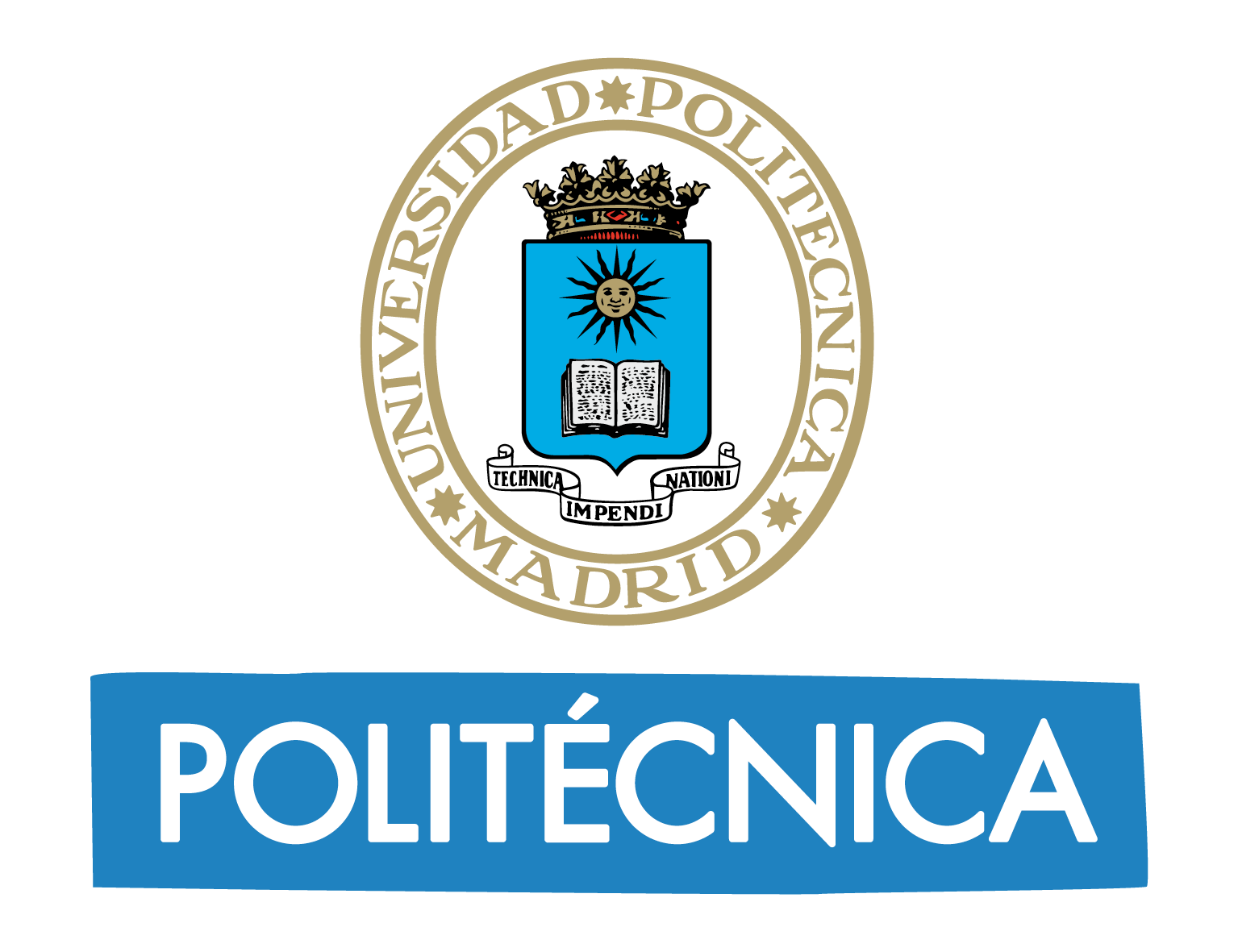Automation and Industrial Electronics Engineering (2nd Cycle)
| Total credits | 150 credits | ||||
| Curriculum in force | 1992 Curriculum (Royal Decree 1400/1992, of 20 November 1992) | ||||
| Years of study | 2 | ||||
| Objectives |
Automation and Industrial Electronics Engineering is an Official Undergraduate Degree governed by Royal Decree 1400/1992, of 20 November 1992. It has been taught by the UPM at the Higher Technical School of Industrial Engineering since the 2003-2004 academic year. The objective is to complement the training students have received in the first cycle. The complementary nature of the technological training in the first cycle and the specific training in Automation and Industrial Electronics is a response to the great demand observed in the labour market. The degree is based on three major areas of technology - Automation, Electronics and Computer Science - providing a balance between the skills of these areas. The subjects of the Curriculum include topics such as Process Control, Electronic Instrumentation, Artificial Intelligence, Microsystems, Robotic Nanotechnologies, Power Systems and Computer Vision. Before receiving their degrees, students complete their studies by doing a Final Degree Project, which is an individual practical study carried out in the student laboratories at the School (www.disam.upm.es, www.upmdie.upm.es and www.dii.etsii.upm.es) or at the facilities of companies which work in conjunction with the degree. |
||||
| Centro donde se imparte | School of Industrial Engineering Campus Madrid Ciudad C/ José Gutierrez Abascal, 2 28006 Madrid 91 336 30 60 |
||||
| Web Page | www.etsii.upm.es | ||||


